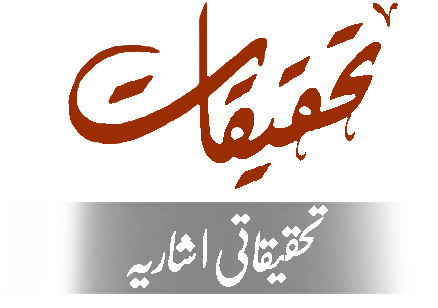تلخیص
Introduction: Esophageal stricture is a common and horrible
complication of corrosive ingestion. Injury incurred by the corrosive and
repeated therapeutic dilations; followed by healing, results in fibrosis and
scarring and ultimately recurrence. Mitomycin-C is an anti-neoplastic
and anti fibroblast agent with potential to decrease fibrosis and has
shown favorable results of in reducing scar formation after stricture
dilation.
Materials & Methods: This Interventional Case Control Study was carried
out in the Department of Pediatric Gastroenterology Hepatology &
Nutrition at The Children’s Hospital & Institute of Child Health, Lahore.
Post-caustic esophageal stricture patients presenting in year 2013, were
included in Mitomycin-C group. They were compared with a control
group including patients of post-corrosive esophageal stricture
presenting in year 2012. All patients underwent endoscopic balloon
dilatations. Outcomes in terms of symptomatic relief and numbers of
dilatations required were compared between the two groups.
Results: Total 81 patients (51 male, 30 female) were included in study.
Out of these; 38 patients were in Mitomycin-C group, while 43 were in
control group. In Mitomycin-C group, 1.6 dilatations per patient were
done; while in control group 2.67 dilatations per patient were done (P
value 0.026). Minimum asymptomatic interval between dilatations was
increased in Mitomycin-C group (P-value 0.00).
Conclusion: Application of topical Mitomycin-C after balloon dilation of
post-corrosive esophageal stricture results in significantly reduced
number of dilation sessions required and increases the asymptomatic
period.
Huma Arshad Cheema, Hassan Suleman Malik, Muhammad Almas Hashmi, Arit Parkash, Zafar Fayyaz. (2016) Mitomycin-C – A Breakthrough for Esophageal StricturesProspective Study at a Tertiary Care Center, Pakistan Pediatric Journal, Volume 40, Issue 1.
-
Views
938 -
Downloads
62


